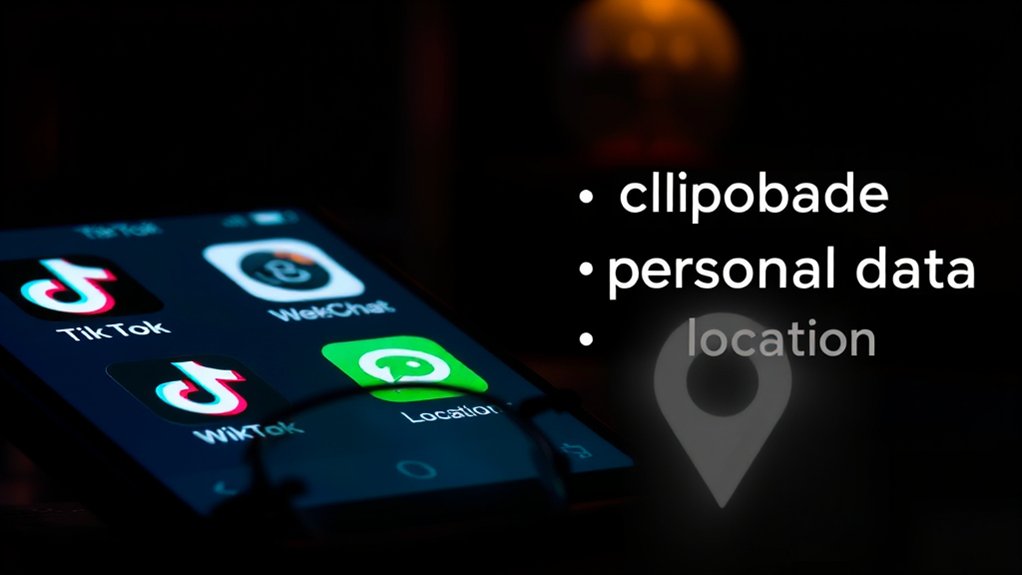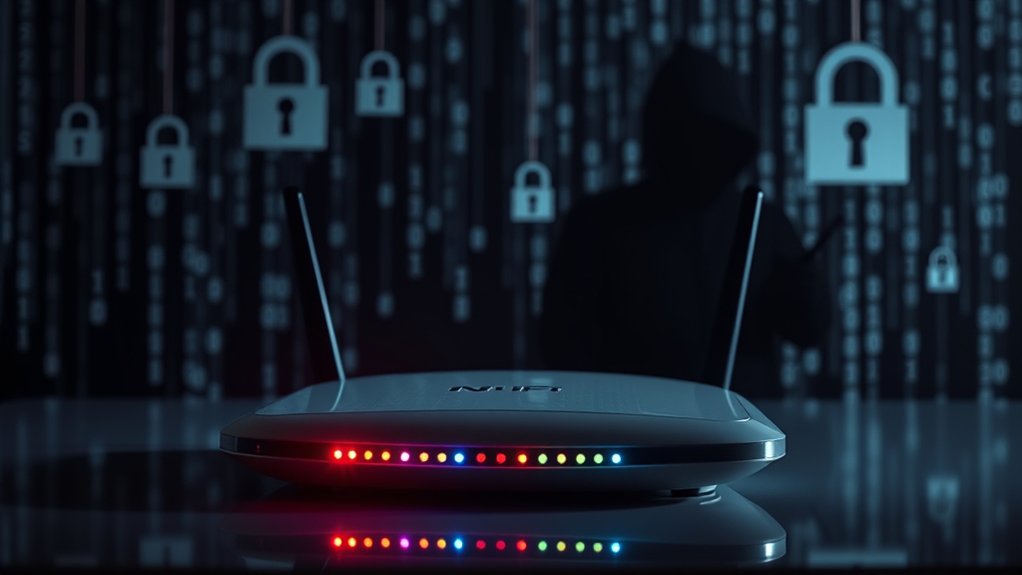The Catwatchful spyware leak has raised significant concerns regarding the security and privacy of its users, as a major vulnerability exposed over 62,000 customer email addresses and plaintext passwords. Catwatchful, marketed as a child-monitoring tool, primarily operates as intrusive surveillance software, gathering sensitive data. It silently collects data such as photos, messages, real-time locations, live audio, and feeds from both front and rear cameras of the victims’ devices. This breach was facilitated by a misconfigured and unauthenticated Application Programming Interface (API), which unintentionally allowed unrestricted access to the application’s database.
The impact of this data leak extends far beyond compromised email addresses. Sensitive information from more than 26,000 individuals was accessible, revealing intimate phone content dating back to 2018. Affected victims include individuals in countries such as India, Mexico, Colombia, Peru, Argentina, Ecuador, and Bolivia, where lax digital privacy regulations facilitate such misuse. Many of these users fell victim to stalkerware, often installed on devices by insiders, including romantic partners and family members. Notably, the breach brought to light a critical security flaw that exposed sensitive data, turning public sentiment against Catwatchful. Furthermore, Catwatchful’s use of a custom API was particularly alarming, as it lacked proper authentication protocols. The unauthorized access was made easier through social engineering tactics that tricked users into granting permissions.
The breach exposed sensitive data of over 26,000 individuals, highlighting severe privacy risks across multiple countries.
The breach further exposed details about Catwatchful’s developers and administrative staff, raising questions about accountability. Security research revealed critical shortcomings in Catwatchful’s protocols, including inadequate defenses against common vulnerabilities, such as SQL injection. Experts like researcher Eric Daigle highlighted the alarming lack of security measures, fueling concerns about systemic flaws prevalent in consumer-level spyware applications.
The implications of this breach are exacerbated by the deceptive marketing of Catwatchful, which misleads consumers into believing they are procuring tools for child safety, whereas, in reality, they facilitate unauthorized surveillance. Legal and ethical ramifications of the spyware’s usage loom large, as non-consensual surveillance is illegal in various jurisdictions.
This incident underscores the significant privacy violations inflicted on unsuspecting victims and raises pressing questions about the sustainability and enforcement of digital privacy laws worldwide.









